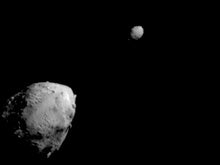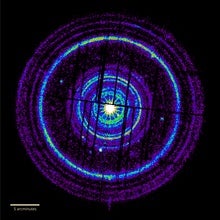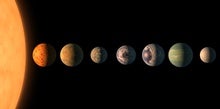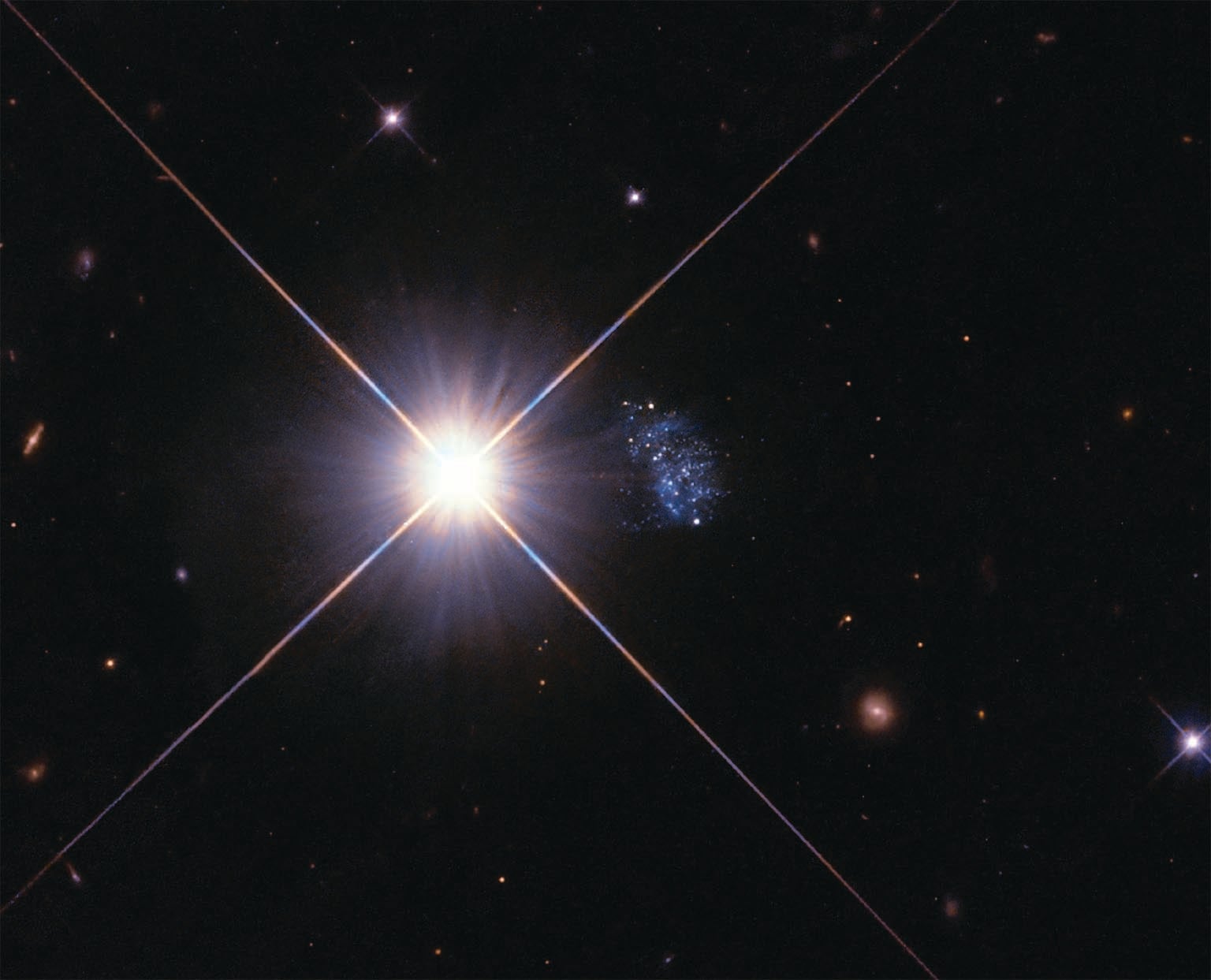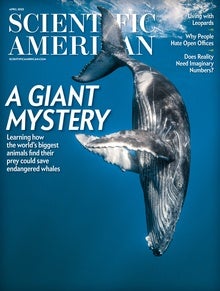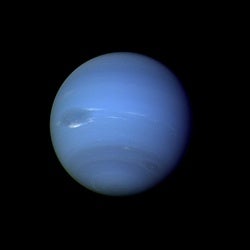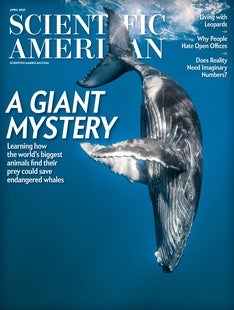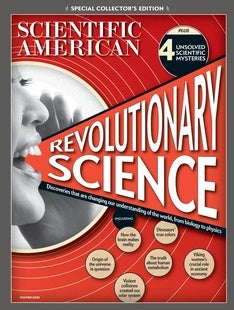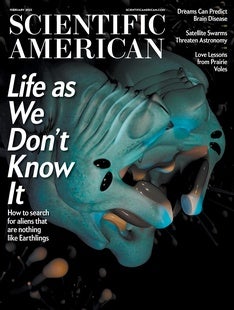 |
| March 30, 2023 |
This week, we’re worrying about running out of time. Not in any personal sense (although none of us is getting any younger), but rather concerning NASA’s plans for a multibillion-dollar “flagship” mission to Uranus, the long-overlooked ice giant planet in the solar system hinterlands. Though the mission’s targeted launch is almost a decade away, there are sound—and disturbing—reasons to fear the space agency does not have enough time (and money) to hit that deadline. The scientific repercussions of such delays are considerable: Among other things, missing an early-2030s launch window would likely prevent researchers from studying the changing of seasons on Uranus—something that only occurs every 21 years. Elsewhere this week, we also have stories on a rock-flinging asteroid, fading hopes for habitability on a supposedly “Earthlike” exoplanet, the brightest cosmic explosion ever seen, and much more. Enjoy! |
| | Lee Billings, Senior Editor, Space & Physics | |
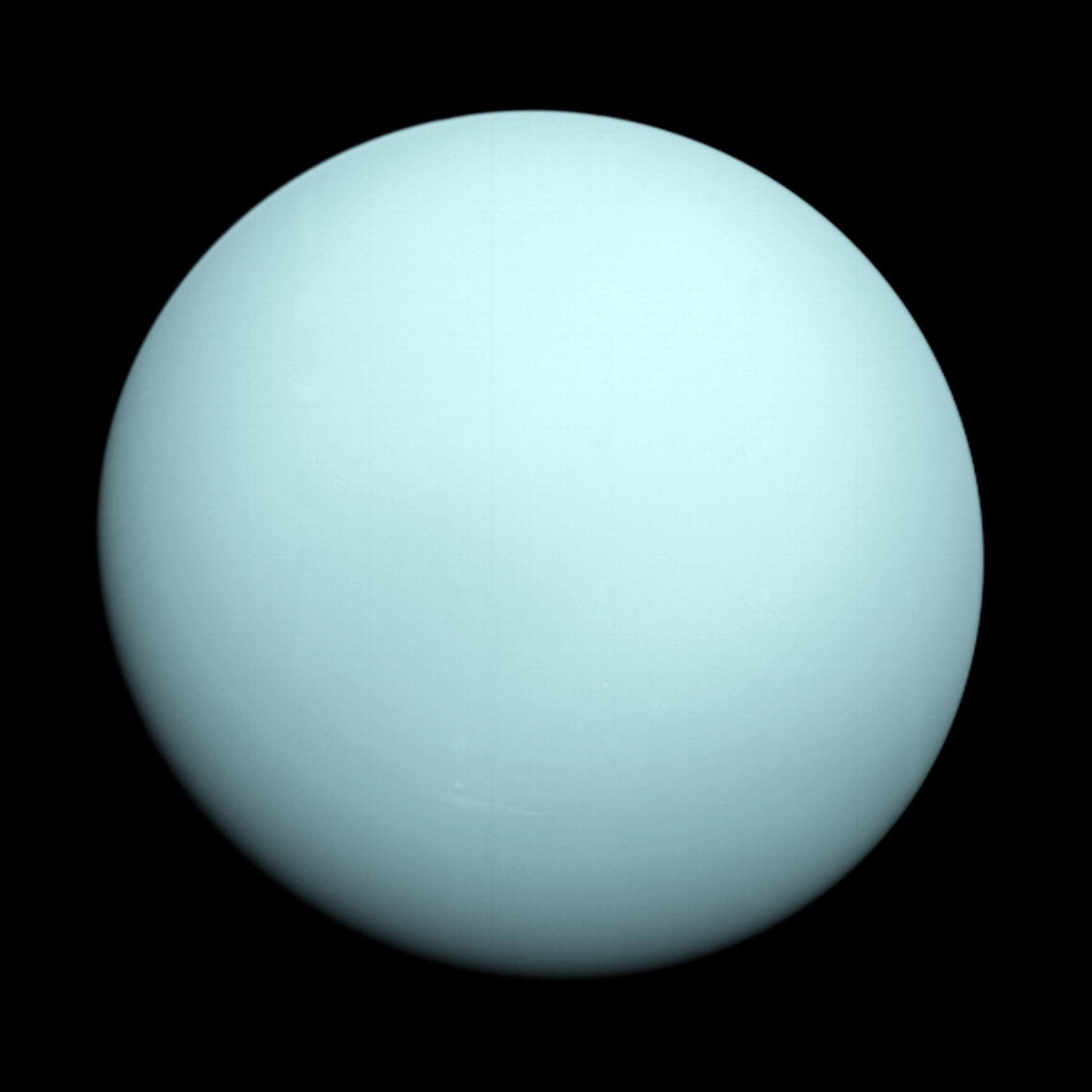 |
| |
| |
| |
| |
| |
| |
| |
| |
FROM THE STORE
 | | | |
| |
FROM THE ARCHIVE
 | | | |
LATEST ISSUES
 |
| |
| Questions? Comments?  | |
| Download the Scientific American App |
| |
| |



